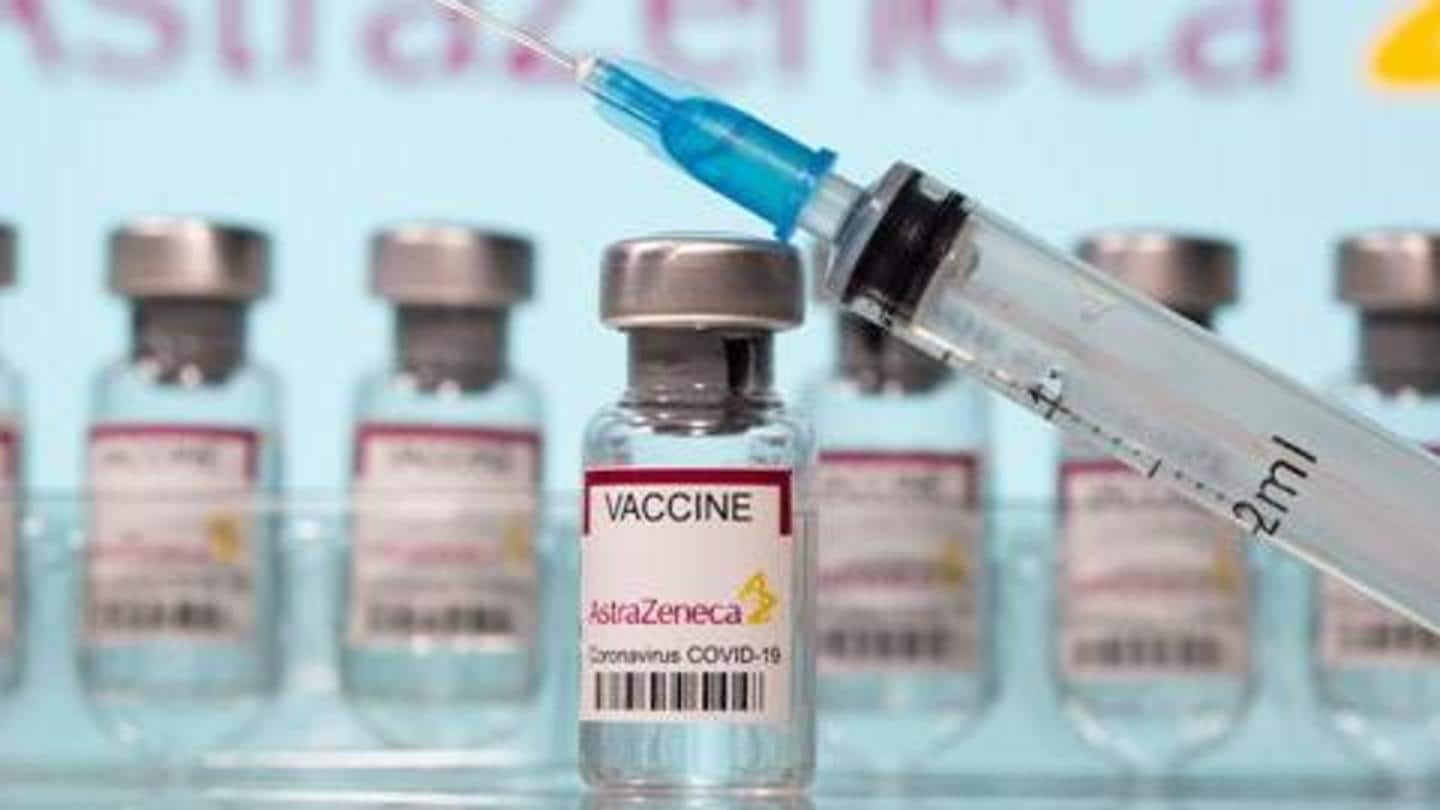
AstraZeneca vaccine linked to small risk of low blood platelets
What's the story
The Oxford-AstraZeneca vaccine, known in India as Covishield, may be associated with a small risk of developing a blood condition characterized by low platelet counts, according to a UK study. "Increased risk of the condition, known as idiopathic thrombocytopenic purpura (ITP), is estimated to be 11 per million doses, similar to figures seen in vaccines for flu, measles, mumps, and rubella (MMR)," researchers said.
Information
What can a low platelet count result in?
A low number of platelets - blood cells that help prevent blood loss when vessels are damaged - can result in no symptoms or can lead to an increased risk of bleeding or, in some cases, clotting, the researchers said.
Risk
People at most risk from ITP tend to be older
The team, led by researchers at the University of Edinburgh in the UK, noted that people at most risk from ITP tended to be older - a median age of 69 years old. The researchers also noted that these people had at least one underlying chronic health problem such as coronary heart disease, diabetes, or chronic kidney disease.
Information
Definitive link between other forms of clotting couldn't be established
The researchers were unable to establish a definitive link between other forms of clotting - including the rare form called cerebral venous sinus thrombosis or CVST - due to the very low number of cases in vaccinated people included in the study.
Vaccine
Increased chance of developing ITP after getting vaccinated remains small
The study of 5.4 million people in Scotland, of whom 2.5 million had received their first vaccine dose, is the first analysis of ITP, clotting, and bleeding events following vaccination for an entire country. The authors of the study emphasized that the increased chance of developing ITP after receiving the vaccine remains smaller than the risk of developing it because of COVID-19.
Vaccine
Risk of ITP was not found in the Pfizer vaccine
They noted that the rare risk should not deter the roll-out of the vaccine program. The same risk of ITP was not found for the Pfizer-BioNTech vaccine. Other vaccines were not included in the study. The researchers analyzed a dataset as part of the EAVE II project, which uses anonymized linked patient data to track the pandemic and the vaccine roll-out in real-time.
Data
Oxford-AstraZeneca vaccine recipients should be made aware of the risk
They investigated data up to April 14, 2021, for people in Scotland who had received the first dose of either vaccine. By this date, over 1.7 million had an Oxford-AstraZeneca jab and some 800,000 had a dose of the Pfizer-BioNTech vaccine. Experts recommend that recipients of the Oxford-AstraZeneca vaccine should be made aware of the slightly increased risks of ITP.